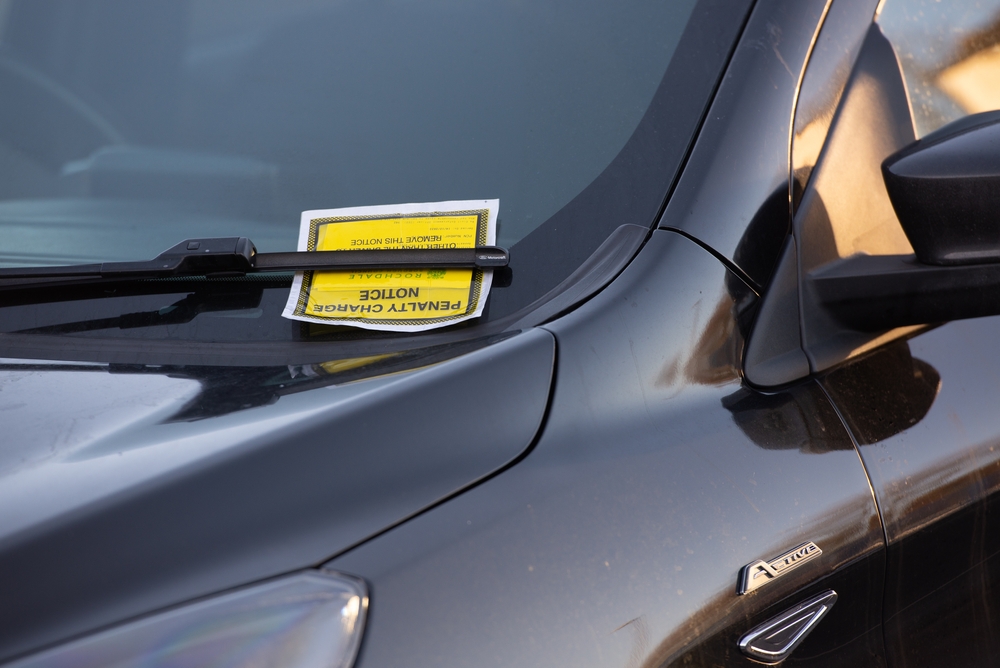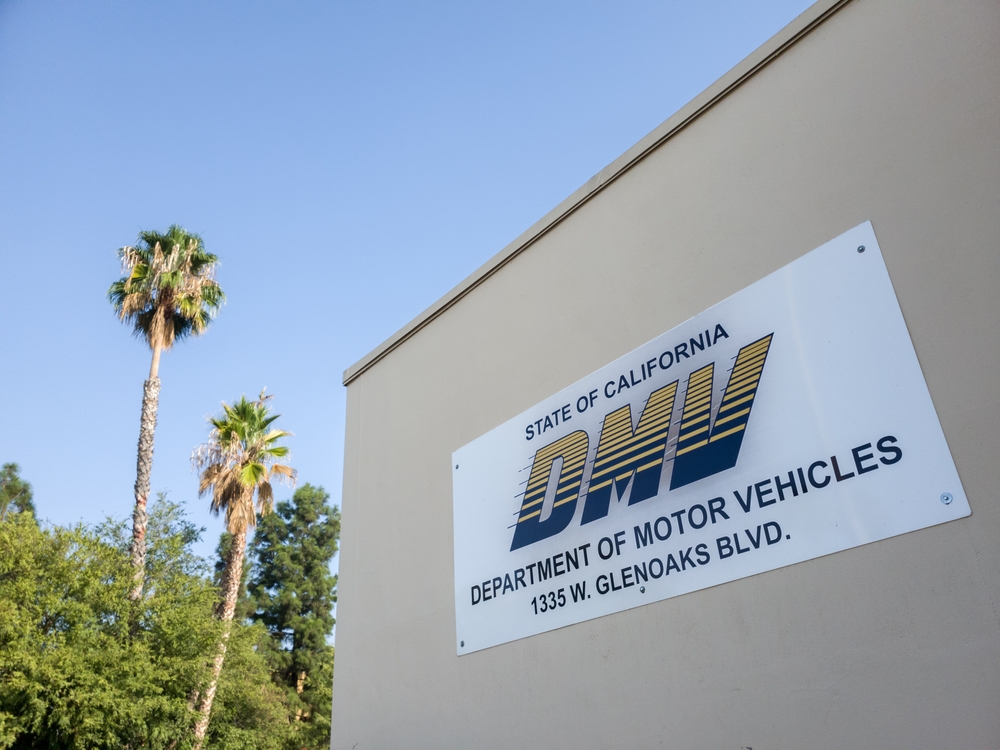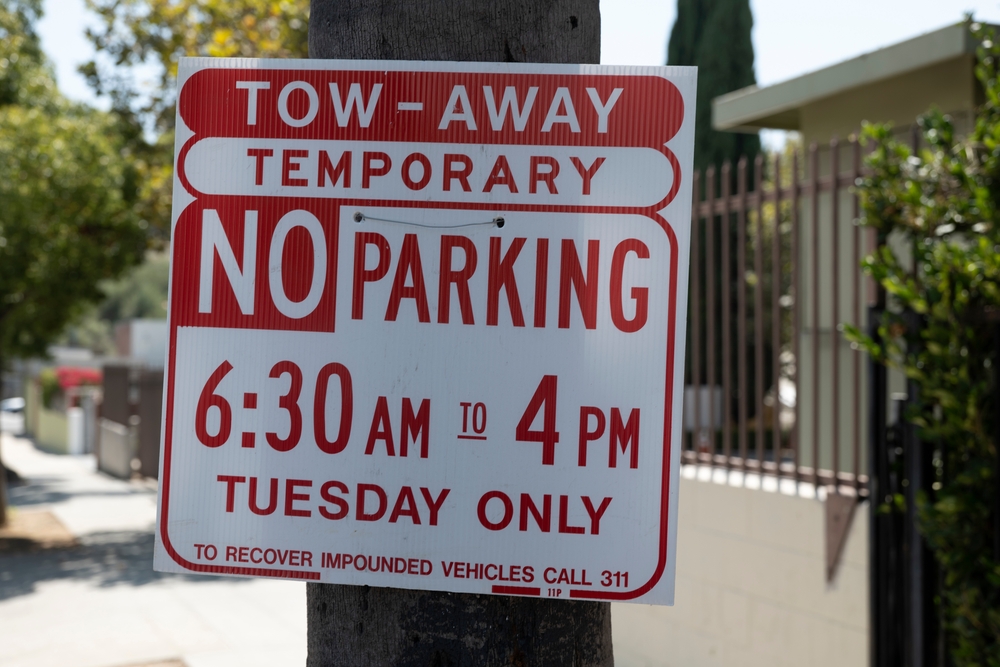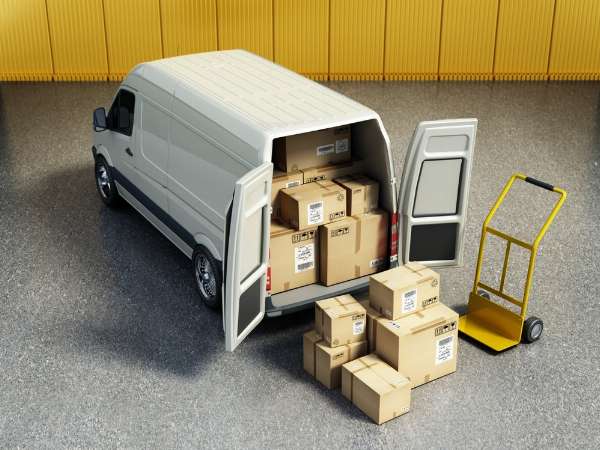Your moving day is set, and you’ve already reserved the moving company. All the major parties who need to be notified of your move have been informed. There’s just one step left to complete: applying for a moving permit. It may seem like an inconsequential part of the move; your local government can’t legally prevent you from moving. But without a permit, it can make a move even more of a headache than it already is.
What Is a Moving Permit?
Most cities will require a moving permit for you to park a moving truck, or in some instances a car, legally in front of both your old and new homes. The moving truck permit comes with “No Parking” signs that you temporarily place in front of your apartment or house to reserve the spots for easy access. That way, your movers won’t have to lug heavy furniture from a parking spot that’s far away.
These permits usually allow two parking spot reservations for your moving truck during specified hours. A moving permit allows you to park only in legal spaces. If you attempt to use your “No Parking” signs for an illegal parking spot, you’ll get fined.
What Happens If I Don’t Get a Moving Permit?

Moving permits are not something you should skimp on. You’ll want to include a moving permit in your budget and plan ahead. If you don’t get a moving permit to reserve parking and the movers can’t find a place to park, it will be a hassle. If the movers find somewhere to park but it’s far away, they will likely charge you for the extra labor and time the move will take.
The movers could also park somewhere illegally, resulting in a ticket you may have to pay. Some movers will even refuse to move your belongings if they can’t find a convenient parking place. If you’re moving everything yourself, that will just be more time and effort wasted for you. Your moving day will run a lot smoother if you just apply for a moving truck permit.
Do I need a moving permit for private property?
If your new place has a garage or there are parking spaces at your apartment on private property, you won’t need a moving permit. These permits are required only for public parking areas. If you can fit your moving truck in your driveway, you’ll be good to go without applying for a permit even if your city requires one for public parking.
Street parking can be iffy, though. Typically, street parking is considered parking on public property. But if you live in a gated community or on a private street, it might not count. It’s best to ask for additional information if you’re unsure. If nothing else, err on the side of caution and apply. It’s better to pay a small fee upfront than risk a huge fine!
How Much Does a Moving Permit Cost?

The price of a moving permit varies from city to city. In Pittsburgh, for example, it’s free to apply for a moving permit. However, the permit itself can range from $25 to $75, depending on the size of the moving truck or container. Typically, you can expect to pay between $10 and $80 for your moving permit.
This is far from a set rule, though. Parking conditions, like metered parking, may require an extra fee. Larger cities that are reliant on street parking may charge upwards of $100 for a parking permit. You may incur additional fees if you violate the conditions of the parking permit (such as using it for an illegal parking spot) or request an extension. Note that not all cities allow for extensions at all.
How Do I Get a Moving Permit?
Almost every city in the U.S. will allow you to apply for a moving permit at your local DMV. You’ll need to have a valid ID and document of ownership for your house, such as a deed. Advance appointments aren’t necessary, but you may want to call your local DMV to double-check.
Some cities allow you to apply online. A quick internet search of “moving permit” plus your city’s name should give you the proper information. Note that you may need to print forms or paperwork found online and bring them to the DMV to formally apply.
When Should I Post the ‘No Parking’ Signs for My Moving Permit?

If you apply for your moving permit early, you should receive your “No Parking” signs at least a few days before moving day. It’s best to put them up right away, or at least a day or two before the move. This gives your neighbors advance warning.
In some cities, the local government will put up “No Parking” signs and permits for you. This is relatively uncommon, though. There are also companies like MovingPermits.com, which will take care of the entire application process for you. They’ll even take care of putting the appropriate signage up.
Who Can Help With My Moving Permit?
The moving permit application process is done almost entirely through the DMV. While visiting the DMV can be important during a move — for example, dealing with your voter registration — it can also be a mind-numbing, time-wasting process. With so many other things to take care of during a move, it’s especially taxing.
For this reason, some moving companies will assist you with the moving permit. They’ll ask you to provide the required documentation. They’ll then visit the DMV on your behalf. Prior to the move, they’ll put the appropriate signage up. The fees will be tallied up and included in your total for the move overall. Groups like the aforementioned MovingPermits.com provide similar services.
You may also want to ask a family or household member to apply in your stead. This may not work, though, given that many DMVs require a valid ID. Again, it’s always best practice to ask rather than assume. Contact your local DMV to see if they’ll accept a middleman to pick up the moving permit. If nothing else, they should be able to pick up the paperwork for you if you can’t print it out online.


